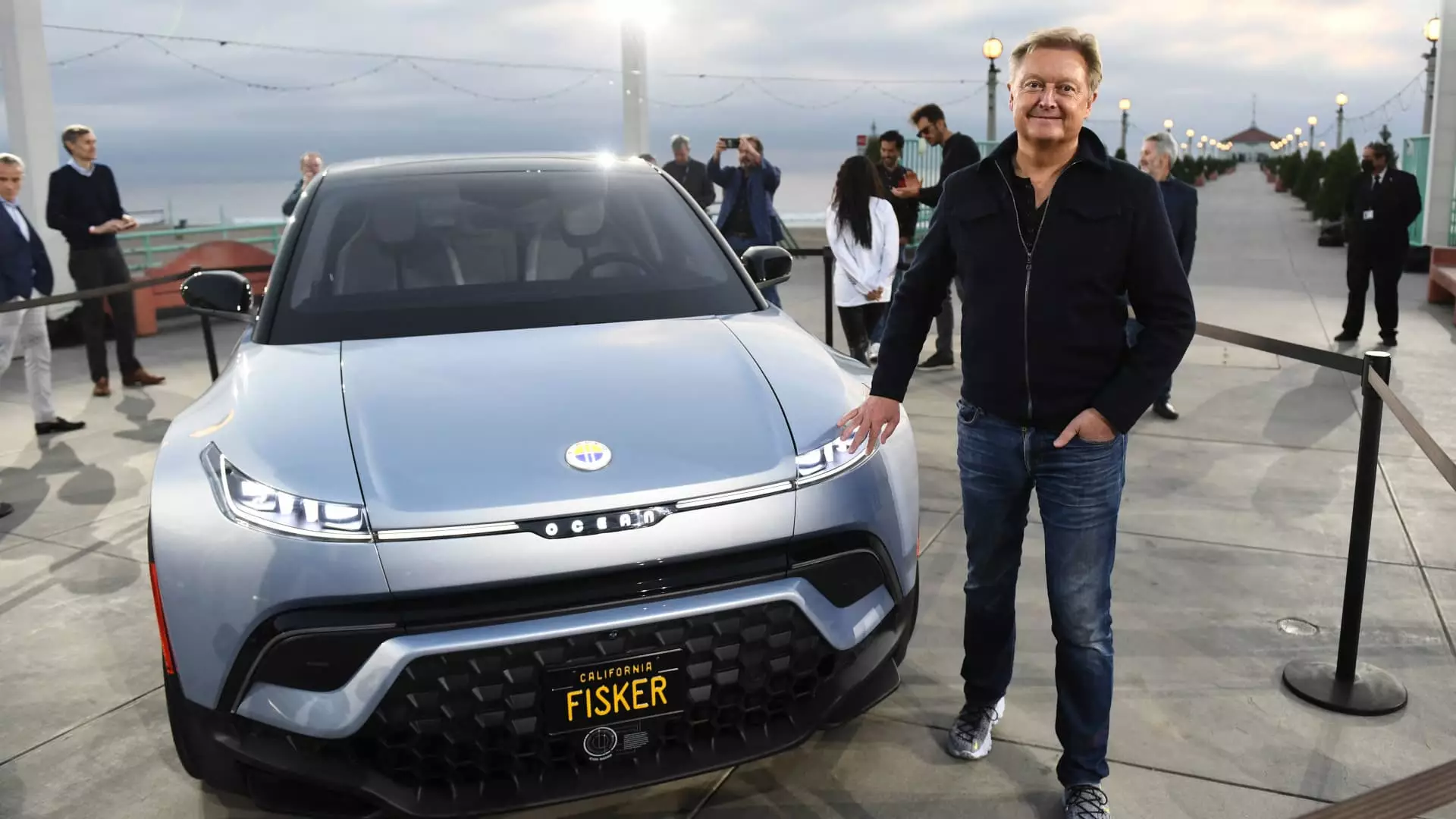Fisker, once hailed as a promising all-electric vehicle startup, recently took a nosedive as it filed for Chapter 11 bankruptcy protection. This move came after facing lackluster consumer demand, cash burn issues, and operational challenges. The downfall of Fisker serves as a cautionary tale in the electric vehicle industry, highlighting the importance of strategic decision-making and sustainable business practices in a competitive market.
The struggles faced by Fisker were not isolated incidents, as several other electric vehicle companies, including Proterra, Lordstown Motors, and Electric Last Mile Solutions, have also filed for bankruptcy. Additionally, industry giants like Nikola and Faraday Future are trading below $1 per share due to operational hurdles and a tough competitive landscape. The hype surrounding EVs, driven by Tesla’s success, led to an unsustainable influx of investments that failed to materialize into profitable ventures.
Fisker’s ambitious plans to go public through a reverse merger with an Apollo-backed SPAC backfired when it failed to secure investments from major automakers. The company’s management, including CEO Henrik Fisker and his wife Geeta Gupta-Fisker, faced criticism for their handling of operations and financial decisions. Fisker’s attempt to outsource manufacturing to Canadian company Magna in a bid to reduce costs resulted in quality control issues and delayed product launches.
As Fisker grapples with its second bankruptcy, Henrik Fisker finds himself facing familiar challenges from his previous automotive venture. The parallels between the two failed companies underscore the importance of learning from past mistakes and adapting to changing market dynamics. The shift from a direct-to-consumer model to a dealership-based distribution system showcases the need for flexibility and innovation in the ever-evolving EV industry.
Fisker’s rise and fall serve as a cautionary tale for aspiring electric vehicle startups, highlighting the pitfalls of over-reliance on investor funding and mismanagement. The company’s bankruptcy filing underscores the need for sustainable business practices, quality control, and strategic decision-making to thrive in a competitive market. As the electric vehicle industry continues to evolve, Fisker’s downfall offers valuable lessons for industry players seeking long-term success.

Leave a Reply